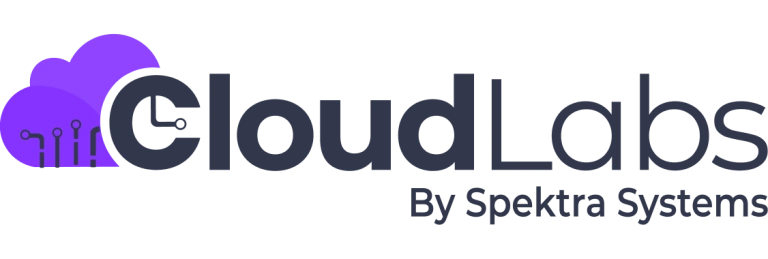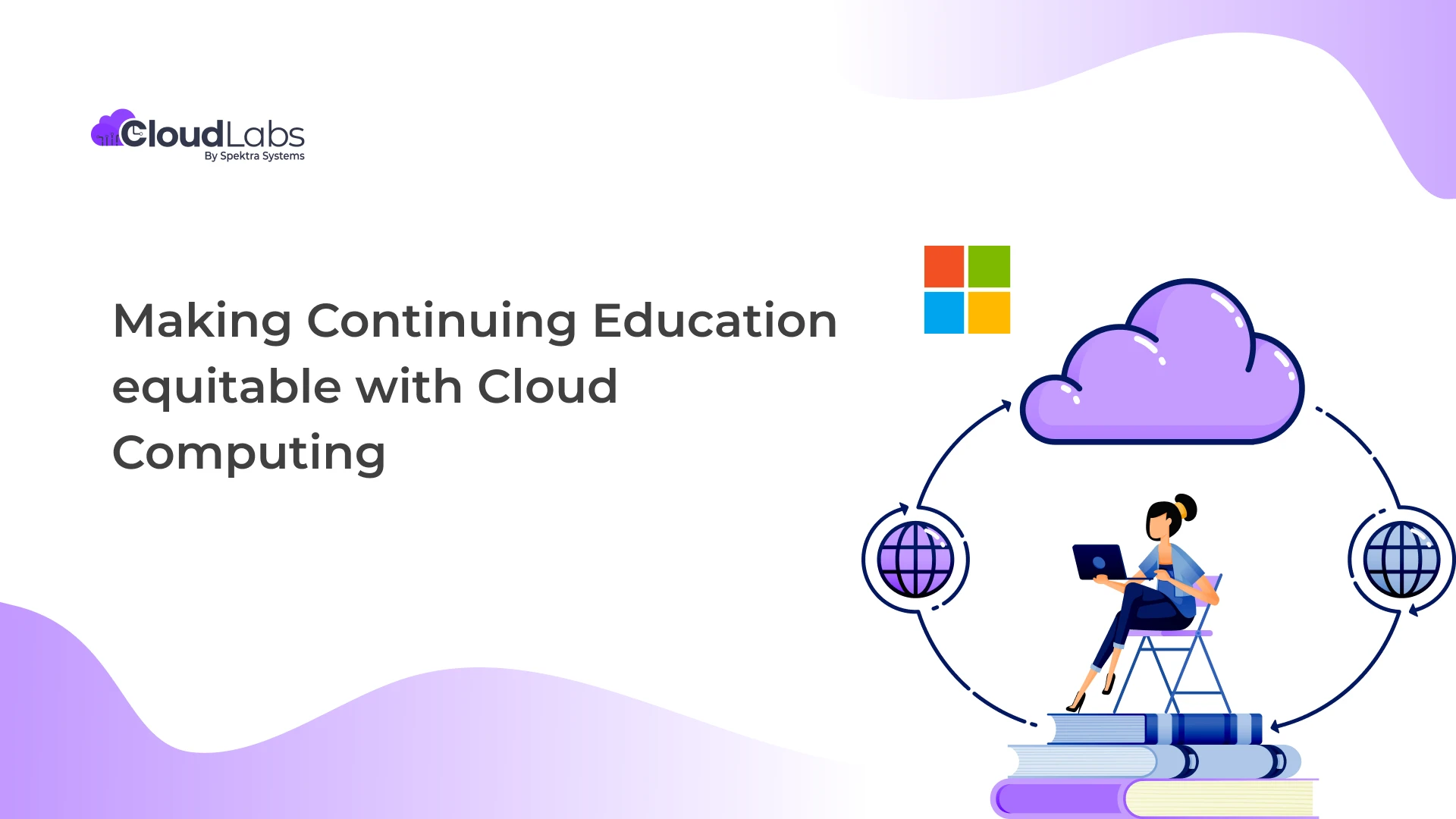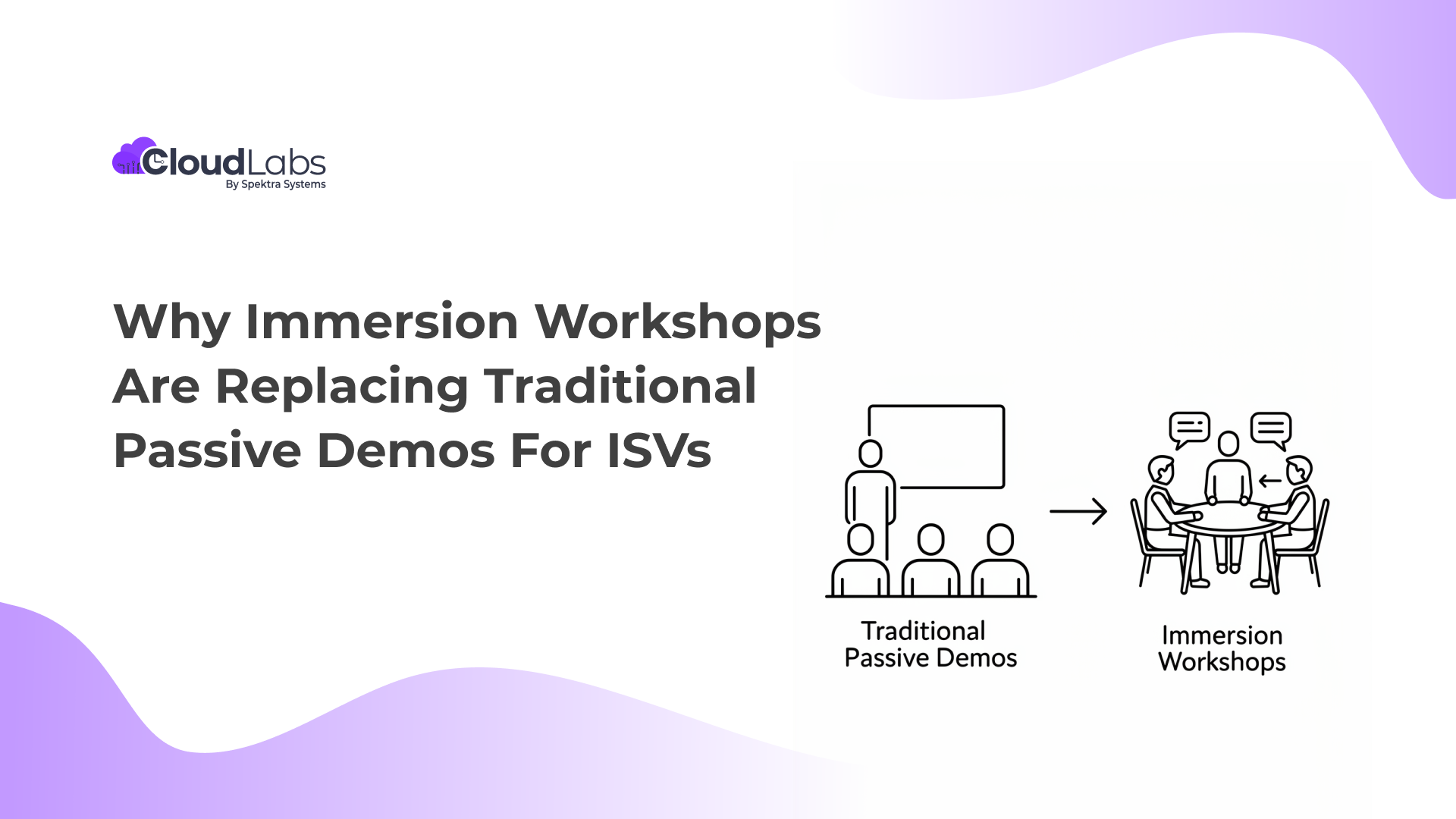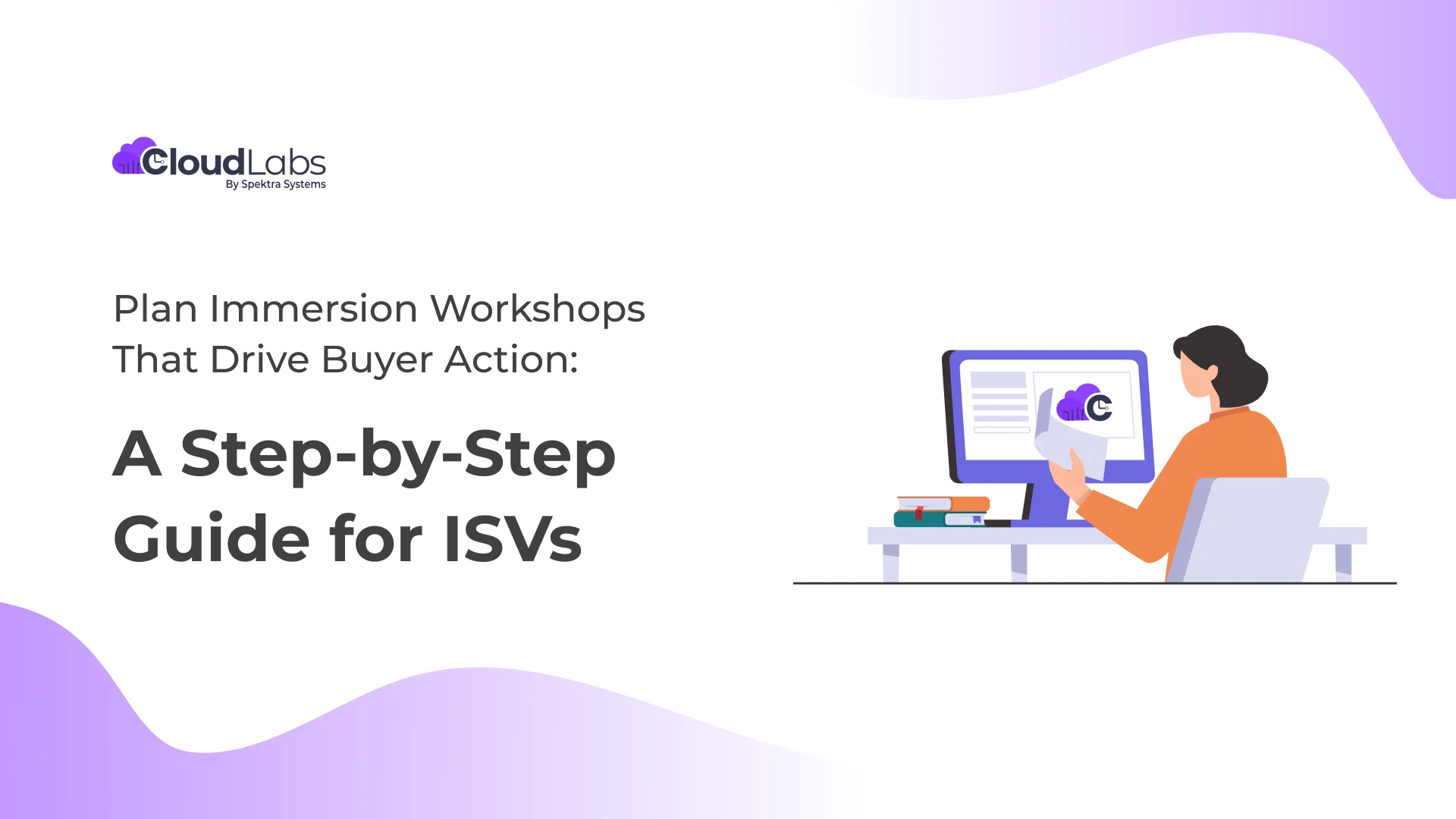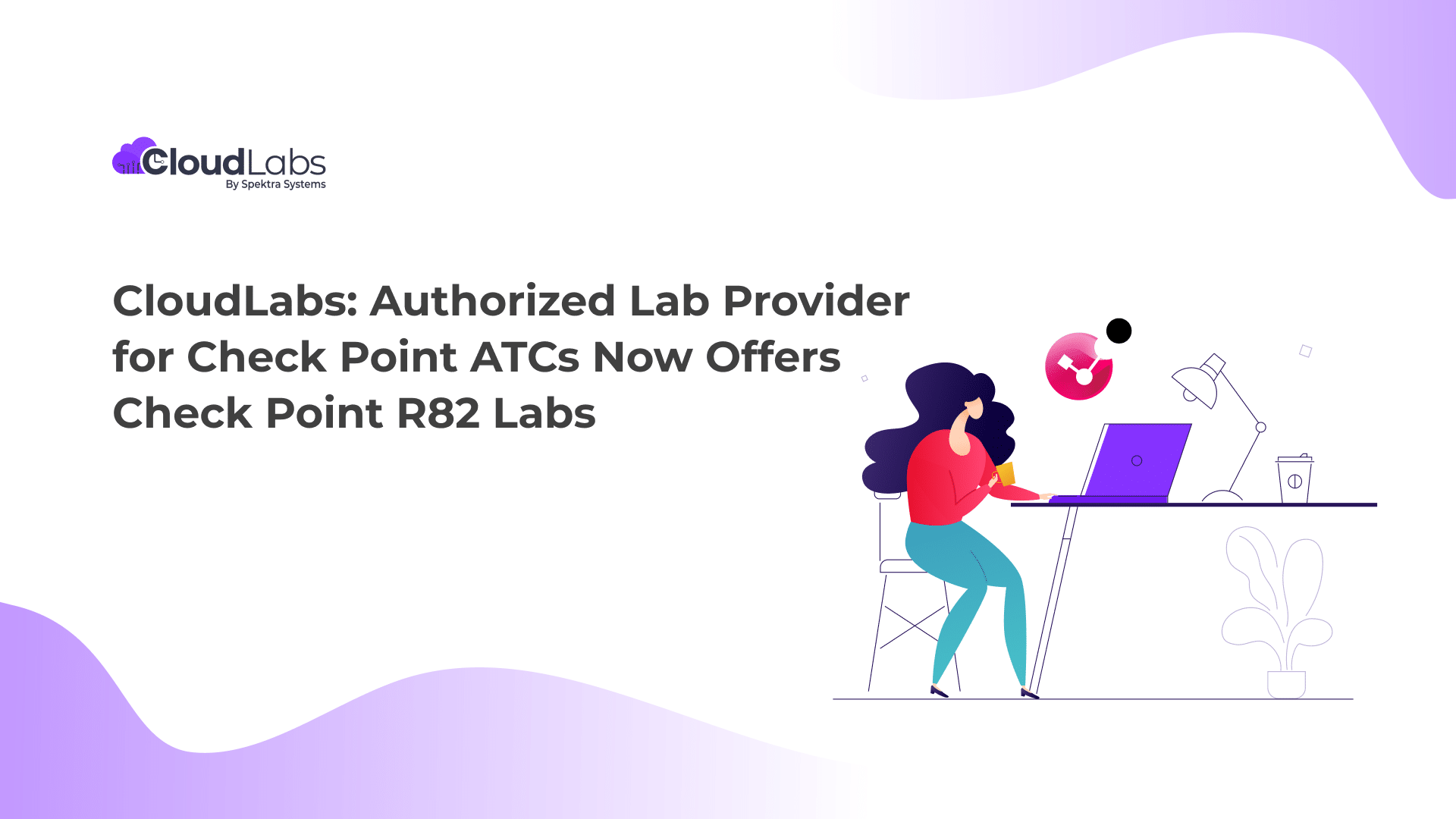What is Continuing Education?
Continuing Education refers to courses that allow individuals and professionals to pursue education after their conventional education, even later in their careers to upskill and survive in the continuously changing talent needs in the industry.
Generally, Continuing Education refers to post degree programs or simply resuming education after a certain gap. It encompasses a wide range of courses covering diverse fields, from business, programming, and marketing to developing soft skills.
Some of these multifaceted programs are self-paced courses, some are pursued remotely with online tutoring, while others may be offered in the form of workshops or webinars. However, one thing that remains the same is the flexibility that makes learning possible for all age groups seeking education part-time without interrupting their careers.
Importance of Continuing Education
Knowledge is the best asset in any profession, and there is always more to learn. With constant learning and upskilling, employees gather new skills and expand their abilities which ultimately lead to contentment and growth in one’s profession.
See why Continuing Education has become so vital in today’s competitive talent industry.
- Upskill with short-term courses
Several Educational Institutions are delivering short-term courses that aim to develop technical and non-technical employment skills. In the next decade, 70% of all jobs will require some degree of technical skills, hence working professionals must step up their skill game with the right Certifications and training programs relevant to their industry.
Candidates with better skill sets perform better at work and often find contentment with their job as they are continuously adding value to their organizations.
Many Institutions like the Seneca College are providing short-term courses for part-time students and working professionals.
They include a range of courses from various domains like business development, computer programming, web design, languages and soft skills.
This encourages progressive development of a person’s skills that helps in achieving more and performing better.
- Job-specific skills
The world is changing, and it is changing fast. The demand for skilled professionals is pretty evident in today’s challenging industry landscape.
The IT industry, particularly, is witnessing a major skill gap today making it even more crucial for educational institutions to take action and address the need globally.
As student expectations increase with increasing competition, evolving technologies, and job market dynamics, they seek professional development courses that are more aligned with their job roles. Continuing education has enabled institutions to provide niche education with training programs specific to job roles and career paths.
To keep up with the increasing competition in eLearning programs, institutions need to focus on inculcating hands-on learning with tailored experiences for students. One that is better aligned with job-specific skills, custom practices depending on course requirements, and flexibility to match students’ availability.
- Career Transition
Life is about exploring, and many individuals switch careers before finding what they actually love and are passionate about. On the backdrop of this reality, short-term courses allowing learners to get handy with a new skill set while juggling their ongoing work commitments are seeing a significant rise.
However, with this comes the challenges of time management, cost issues, and self-motivation. Part-time courses with practical skills, aligned to career-specific goals, and integrated with customizations for increased retention address these problems and are getting more popular among students. As per the Research Institute of America, online courses have increased the retention rate from 25% to 60%.
With Cloud technology, institutions can also address the existing challenges of cloud spending in delivering technology courses while also maintaining favorable student experience
Things to Consider while delivering Continuing educational Programs
With the rapid adoption of cloud technologies across organizations the demand for skilled IT talent with additional Cloud computing expertise is at an all-time high. Today, professionals switching careers to cloud computing or taking up certifications on cloud technologies like Azure, AWS, GCP, etc. to advance in their careers has become a common practice.
Also, if you go by the National Center for Education Statistics, approximately two-thirds of post-secondary students are professional adult learners and not traditional on-prem living students. Hence, continuing education owing to several factors has grown into an industry and institutions worldwide are embracing it wholeheartedly.
So, let us also look into the various aspects institutions must take care of for delivering Continuing Ed programs.
- Content Delivery
Short-term courses and micro-credentials often focus more on developing industry-specific skills for high employability rather than certifications. Working professionals enrolling for non-certification programs is quite a common scenario. Hence, providing value with the right content delivery is the main deliverable in such courses.
To ensure a strong understanding of concepts, delivering the content with the right format is a must. Plain graphic texts can only do so much to provide a detailed understanding. Instructors need to be equipped with a variety of formats ranging from audios, videos, graphics, animations, gamification, interactive feedbacks and so much more to set the tuning right throughout the course of study.
- User Experience
The ease of access, flexibility, personal enrichment, and time-management that candidates enjoy while enrolling in online courses have resulted in increased popularity of such courses among postgraduates and working professionals. As a result, Institutions are facing increasing competition in offering long-distance and short-term courses for a series of programs.
To stay on the top of the charts, institutions need to focus on providing an impeccable student experience by focusing on the following areas:
- Ease of accessibility
- Personalized experience for student needs and course specific requirements
- Right technology that delivers seamless remote learning
- Niche education programs aligned with industry-specific skills
- Maintaining student interaction and engagement for better learning outcomes
- Right Technology
Many training platforms now use virtual classrooms for instructor-led training on digital screens.
But is that enough? Can instructors meet the student expectation of live in-person tutoring over long-distance courses?
While virtual classroom platforms like Zoom, Google Classrooms, Microsoft Teams, etc. do well for eLearning and classroom collaboration, there is more to delivering technology courses than simple exchange of content.
Setting the right pace for developing practical skills needs a platform with the right tools and integrations that can:
- Enable personalized content material for students
- Inculcate practical skills with real-life scenarios
- Enable automation for admin operations.
- Manage Cloud spends for Cloud technology courses.
- Manage Cloud credits and licenses for Microsoft Office applications.
Continuing Ed with Cloud Computing
Cloud computing has shown significant impact in the education industry and Continuing education is no exception.
As we know, Cloud technology courses are high in demand owing to the expanding job-market, in-demand skills, and favorable pay-scales that candidates enjoy.
However, delivering such courses require technical skill building, analytical thinking, problem solving skills, and working through real-life challenges in simulated environments. This cannot be achieved without Cloud technology.
The most common challenges that universities face in delivering technology courses are:
- Insufficient technology for practical skill development in course delivery
- Setting up hardware and software configurations for remote learners
- Managing on-prem infrastructure
- Managing cloud credit usage for individual users while also tracking consumption
- Managing governance and student experience while keeping costs under control
See how CloudLabs virtual lab platform can be your partner in delivering technology courses for Continuing Educational Programs.
- Hands-on labs for practical skill development – Leverage virtual hands-on labs for training attendees with a primary focus on developing practical skills and analytical thinking by working in simulated environments that mimic real-life challenges.
- Ease of access – Access remote labs and study materials and log in to your ongoing self-paced course anytime, anywhere without any technical configurations. CloudLabs supports a browser-based setup without any installation of software.
- Shadow Labs – Instructors can keep a close watch on individual lab environments of attendees for progress tracking and can provide help and support real-time.
- Admin Control – Virtual labs often appear overwhelming owing to Cloud expenses. However, with CloudLabs, admins can control lab usage, lab uptime, and track consumption with complete automation. Labs left idle after a certain period of time as decided by the admin are automatically shut down to save resources. This makes life easier, teaching feasible and learning immersive.
- Credit-based allocation – Credit based allocation helps instructors/students track their credit consumption. Once the admin/instructor assigns a certain credit limit for students, CloudLabs will send timely notifications based on consumption to instructors and students. Instructors can decide credit consumption thresholds for the notifications.
- Multi cloud compatibility – Supports all leading Cloud platforms like Microsoft Azure, AWS and Google Cloud Platform.
- Instant support – CloudLabs proudly claims a meteoric support team that responds to all your technical issues and solves them on time.
Continuing Educational programs have a large industry market which is expected to witness steady growth in the coming times.
The key points to be highlighted here are the autonomy that Continuing Education enjoys and the non-traditional approach that it has towards education. Hence, it also requires a unique training ground with a robust platform that enables advanced capabilities.
See how CloudLabs can revamp your existing infrastructure and modernize education delivery.
Book a Demo
A pioneer in the Canadian education industry, Seneca College has taken a student-centric approach to evolving its campus-IT and delivering impactful Continuing Education programs on modern cloud technologies. David T, Academic Program Manager and Todd Julien, Senior Systems Admin from Seneca College (Toronto, Canada) have also shared their experiences on Cloud adoption for course delivery and its scope in cost management, delivery of advanced technology courses, and improved student employability through hands-on learning.
Watch the full video here – https://youtu.be/c13bPz_N1J4
Continuing education is gaining recognition among industry leaders. The Educause community has organized an upcoming webinar focused on the subject where experts from Seneca College will share their journey with CloudLabs in the pursuit of delivering exceptional quality continuing educational programs.
Amit Malik is the COO at Spektra Systems, known for his expertise in Microsoft Cloud and digital transformation. He drives strategic planning and operational initiatives, reshaping the cloud landscape to deliver superior business outcomes. He is a recognized thought leader and speaker on Cloud, AI, and IoT, and holds a position among the Leaders Excellence at Harvard Square.
